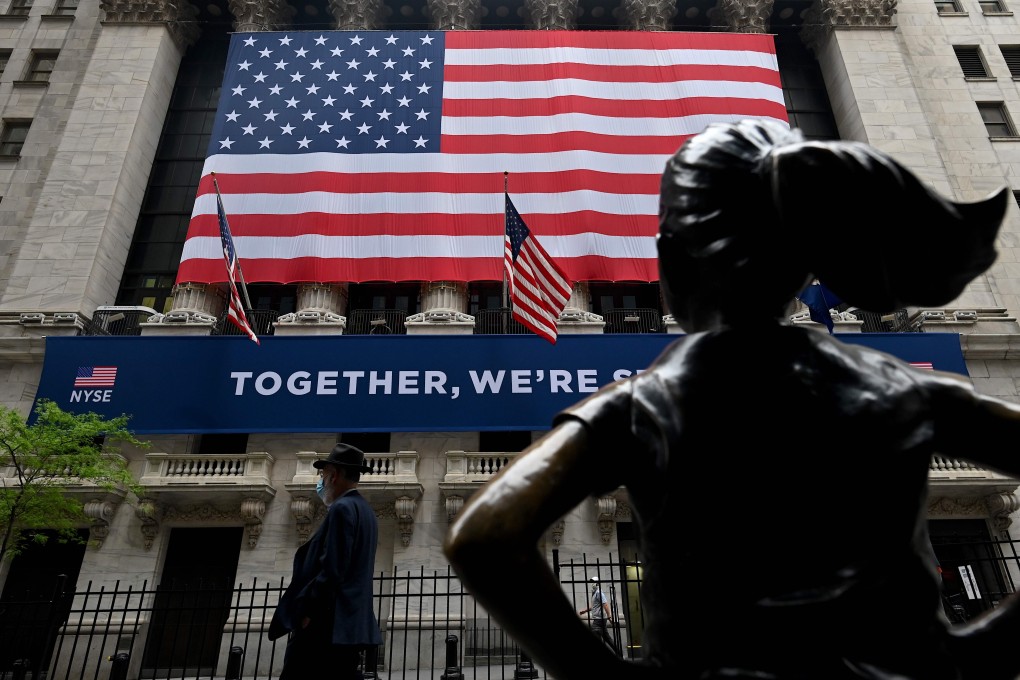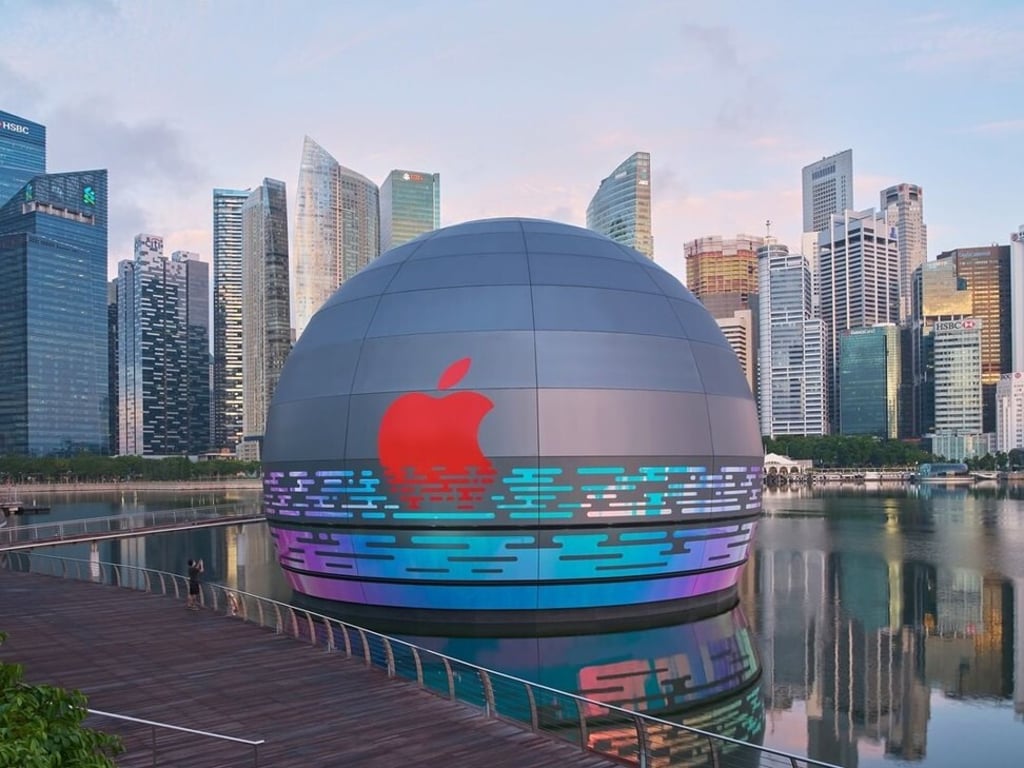Volatile tech stocks expose growing vulnerability in US market
- The domination of a few tech giants means the US stock market is more vulnerable to both narrow bull runs and sharp reversals in investor sentiment
- In Hong Kong, the trend of Chinese companies listing in the city is making the market more diversified as it becomes more closely linked to the mainland economy

The problem with this is not hard to see: it can leave a national or regional equity market vulnerable to bad news concerning just a few companies or one sector in the economy, like a farmer who has only planted one type of crop and risks financial ruin at harvest time if that particular crop is wiped out. The opposite can also apply, of course. When that dominant company or sector does well, it lifts the overall market.
This issue might be less concerning for smaller markets since investors can diversify their risk by spreading their money across a range of markets or, indeed, do the opposite and invest across single companies to reflect their views and preferences.

However, it is a different story when a tiny club of powerhouse companies dominate the run-up in the largest equity market in the world. With a value of around US$30 trillion, the US accounts for nearly 60 per cent of the global equity market universe and is seen both as a barometer for the health of the global economy and as representing a huge share of global savings.
